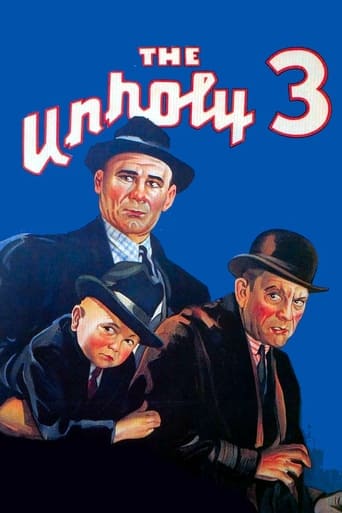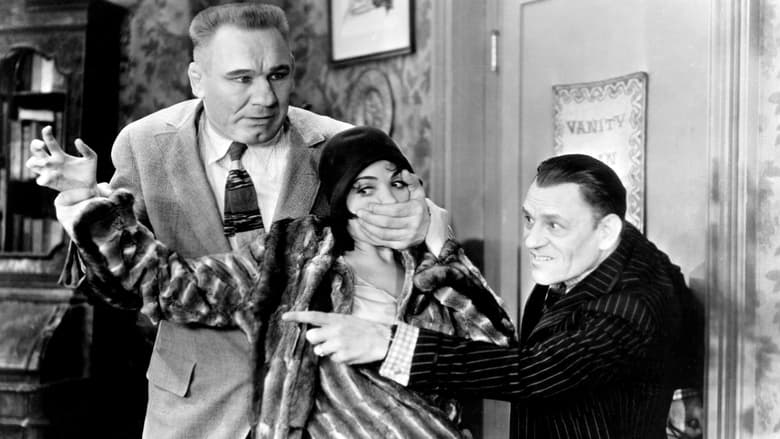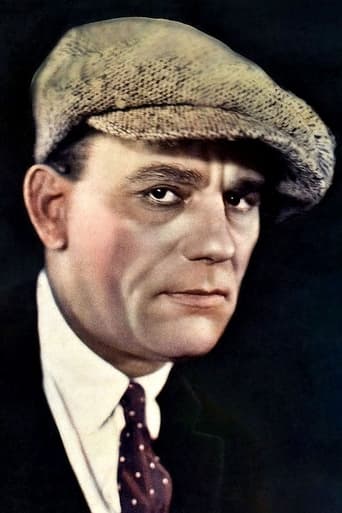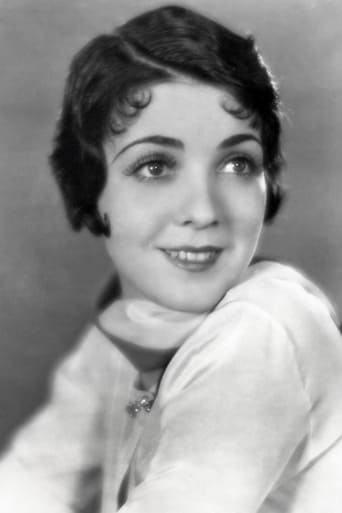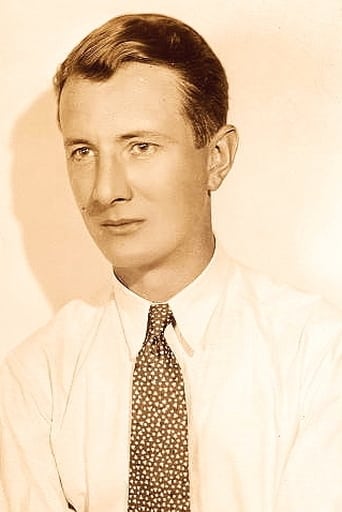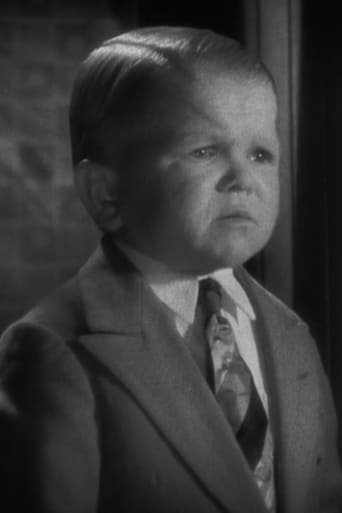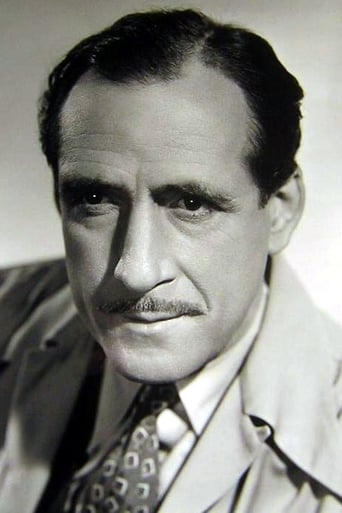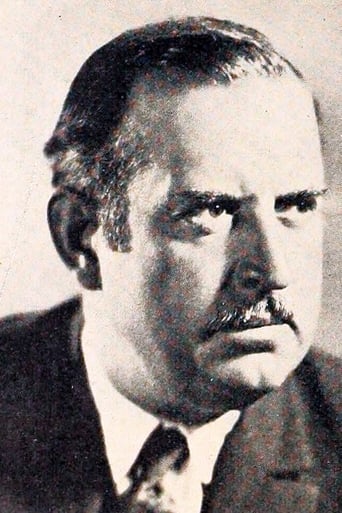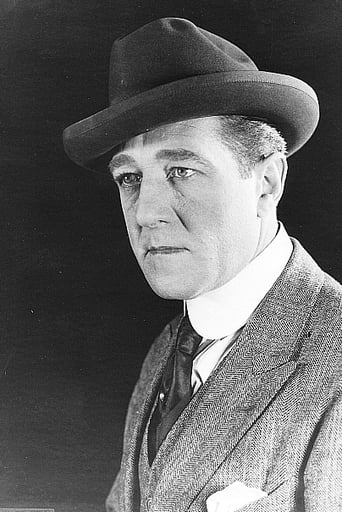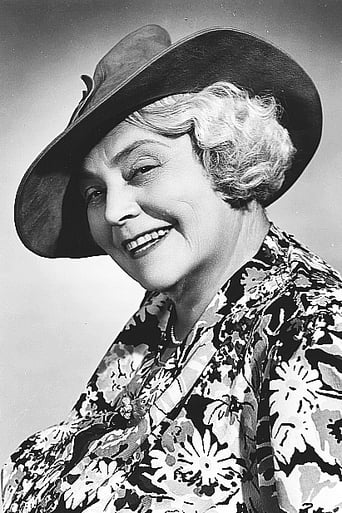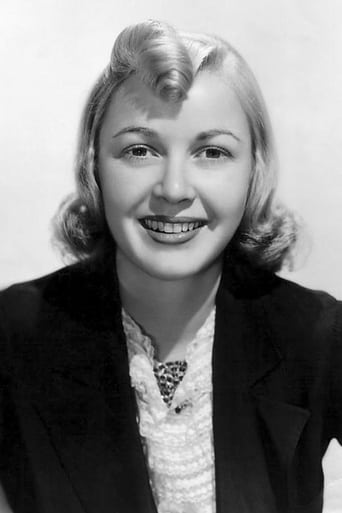A trio of former sideshow performers double as the "Unholy Three" in a scam to nab some shiny rocks.


Similar titles
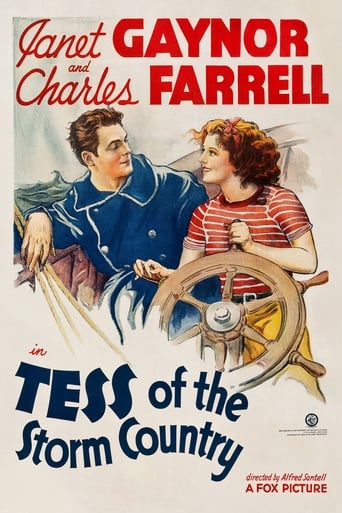
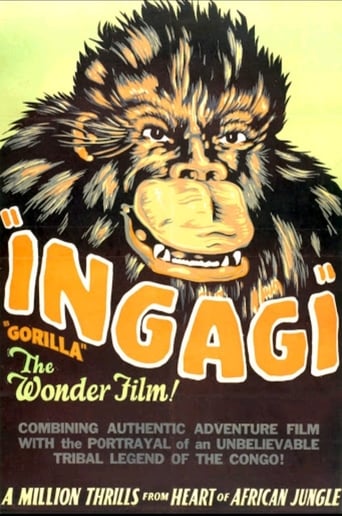
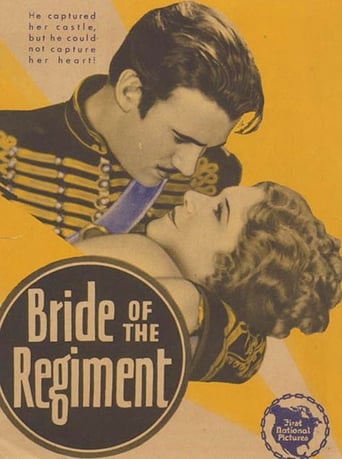
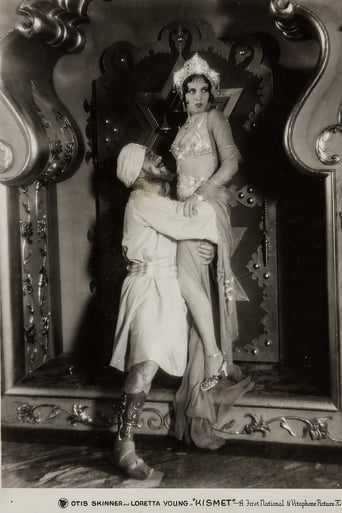
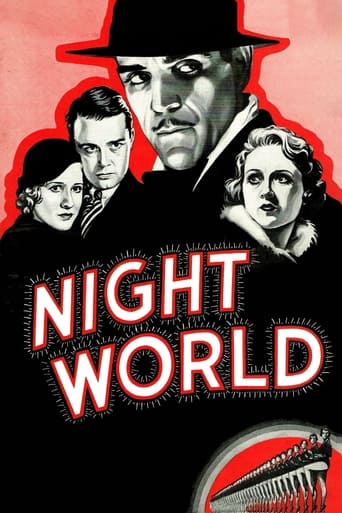
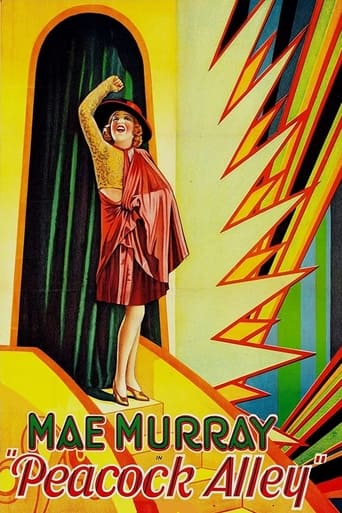
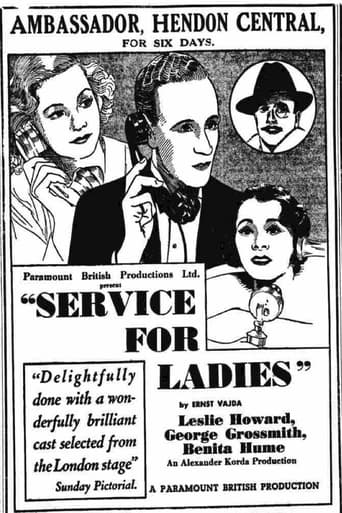
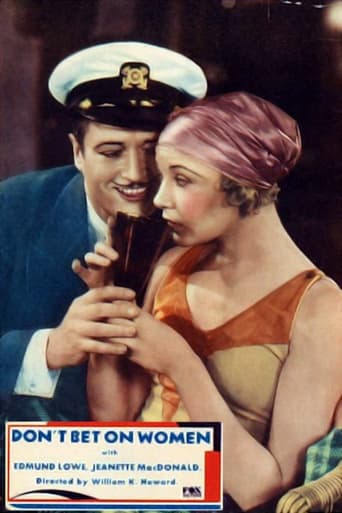
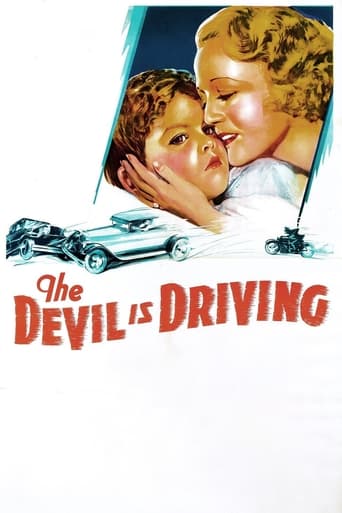
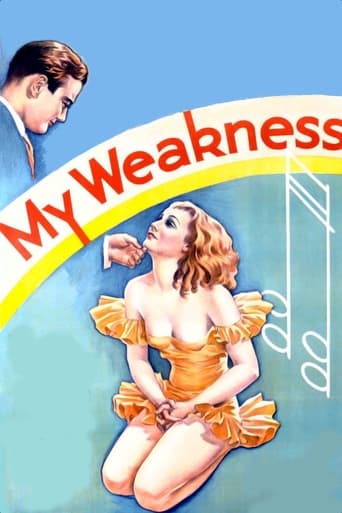
Reviews
This one is interesting for several reason -- the last film of Lon Chaney (he died after this one), the only Talkie for Long Chaney. One really interesting note: of all the films made by Chaney, over 100 of them are lost completely. Sad. "Hector" is played by Elliot Nugent, who would go on to direct Bob Hope in a whole bunch of comedies. Hector's girlfriend "Rosie" (Lila Lee) is hooked up with a gang of thieves, who ostensibly run a pet shop. The midget, and the cross-dressing "Echo" (Cheney) get into peoples' homes and make off with the jewelry, but the cops may be onto them. But Hector has really fallen for Rosie. And the midget pretends to be a baby.... its all a little creepy, and for some reason, they have a gorilla from the circus. The midget is singing some weird song, and everyone is crying. It's all pretty wack. The last ten minutes are the court trial, and it really drags....so S L O W.... until it all hits the fan, right at the end. Directed by Jack Conway, who had been there right at the beginning of film --- was an actor in "Old Soldier's Story 1909, acc to wikipedia. Plot-wise, this one, "Unholy Three" is just okay, but historically, it's even more interesting. Shown now and then on Turner Classics. It IS available on amazon in several different formats... Interesting, if only to see Lon Chaney at the end.
Sad to know that as Lon Chaney crossed over into sound film, he was already dying. The Man of a Thousand Faces went out with a really decent remake of a silent film he had starred in five years previously. Chaney again plays Echo, the leader of a group of minor felons, whose petty crimes against clients don't bring the big guns after them. Until, of course, murder of a wealthy man takes place. The fact that there are all these people (one of them clueless) makes it hard to keep them under control. And, then, having a gorilla around could complicate away situation. The thing most memorable for me is the courtroom scene. I found it superior to the silent one (but that may not be fair because sound really gives us more flexibility). Good acting and wonderful characters.
The talkie version of Tod Browning's 1925 film is competently, if unimaginatively, directed by Jack Conway. Lon Chaney, brilliant in his final role, reprises his role of Echo, the criminal ventriloquist who, along with cronies Harry Earles and Ivan Linow, opens a pet shop specializing in "talking" parrots. Of course, they have nefarious intentions. Things are complicated when Chaney's pickpocket girlfriend Lila Lee falls in love with unsuspecting clerk Elliott Nugent. It's a twisted story, full of humor and suspense. The movie takes on the feel of a macabre bedroom farce as Chaney, in the guise of kindly old lady, frantically tries to dupe his patrons and the police. Lee is terrific (and fetching) as a hard-edged floozy and Nugent is appropriately naive. He looks a little like Harold Lloyd! Earles is effectively creepy but awfully hard to understand. When he dons a baby's gown and is pushed around in a carriage by Chaney, it difficult not to think he was the inspiration for WHO FRAMED ROGER RABBIT's tough talking Baby Herman. An undeniable classic.
THE UNHOLY THREE (MGM, 1930), directed by Jack Conway, offers a moment of truth for 1930 audiences and film enthusiasts today in witnessing what silent film legend Lon Chaney had never done before on screen - to be heard as well as seen. Between 1928 and 1929, movie goers were given the opportunity to hear their favorite silent stars speaking on screen for the first time. Some succeeded, others did not. Chaney and Greta Garbo were MGM's final holdouts, each making the transition to sound by 1930, while the great comic, Charlie Chaplin held out the longest, making his talking debut in THE GREAT DICTATOR (1940). Of all the silent screen performers, Chaney was something of a curiosity. The question is, "How would the man who created such legendary characters as "The Hunchback of Notre Dame" (1923) or "The Phantom of the Opera," (1925) sound on film?" For THE UNHOLY THREE, the wait wasn't very long. Minutes after the opening credits, the voice of Chaney is finally heard, with his first words being "Thank you, doctor. Thank you." For his role as a ventriloquist, Chaney offers his audience the opportunity to get to listen to his many voices as he did during the silent era with his many faces. Even for a talkie, Chaney continues to express himself with facial gestures as he did in the silent era, which comes off to best advantage.The story opens where Professor Echo (Chaney), a sideshow performer, entertains with his ventriloquist act. He is accompanied by Hercules, the strong man (Ivan Linow), Tweeledee (Harry Earles), the midget, and his girlfriend, Rosie O'Grady (Lila Lee), who roams around the crowd picking the pockets from observant patrons. Following a police raid that puts the Brandon's Old-Fashioned Museum out of business, the next scene reveals Echo planning a new racket with his associates, working as thieves in the night. As "The Unholy Three," Echo disguises himself as a kindly old lady who owns "Mrs. O'Grady's Bird Shop"; Rosie as "her granddaughter"; Tweeledee plays the baby in the cradle; and Hercules as Granny's son-in-law and baby's uncle. For security reasons, Echo takes his pet gorilla from the sideshow, keeping him in the back room in case any of his partners in crime, particularly Hercules, decides to betray them. Also among "The Unholy Three" is Hector MacDonald (Elliott Nugent), a young student studying to become an architect who's obtained a position in the bird shop in order to be near Rosie, unaware that her "relatives" are a gang of thieves. When Echo discovers Rosie's love for the young man, he decides to make Hector the fall guy by making him the prime suspect, causing his arrest for the series of crimes and murder while the gang seeks refuge in a cabin out in the country, with Rosie being held against her will.First filmed in 1925 that also featured Chaney and Harry Earles, with Mae Busch and Victor McLaglen as Rosie and Hercules, the same roles enacted here by the lesser known names of Lila Lee and Ivan Linow, who make fine, though not entirely great substitutes. While Chaney's voice(s) are articulate and clear, Earles is often hard to comprehend. Aside from this, Earles' character comes off both annoying and unlikable, which is probably the way he's supposed to be in the first place, being an instigator tempting Hercules to do things against his will. Hercules may be a strong man, but comes across as weak, considering his fear towards Echo's gorilla as well as failing to stand for himself against both Echo and Tweeledee. Twelve minutes shorter than the original, with certain scenes slightly altered or eliminated altogether, everything appears to occur very quickly, with detailed actions described in words than depicted with extended scenes. Director Jack Conway makes several attempts in duplicating Tod Browning's style as presented for the 1925 version. The use of silhouetted images of "The Unholy Three" as they gather together planning their latest caper is revised, along with elements of surprise and suspense where a police inspector (Clarence Burton) plays around with the baby's toy elephant where the stolen necklace is actually hidden, and another at the trial where Echo plants a note for Hector to read, only to watch him toying with it instead. Aside from these revised highlights, only the ending differs from the original, for reasons explained in the TV documentary "Lon Chaney, a Thousand Faces" (2000). Comparing these films, each presented on Turner Classic Movies, it's sometimes hard to determine which is the better of the two, yet, the ending used for the remake is more in a logical sense. See and judge for yourself. Although Chaney did became a success with his initial talkie, this was to be his one and only. Shortly after its completion, Chaney succumbed to cancer. Aside from Chaney's famous line, "That's all there is to life, folks, just a little laugh, a little tear," used in both movies, he finished his long and successful career with these final words, "I'll send you a postal card." The legend of Chaney ends here. The success and curiosity to THE UNHOLY THREE rests entirely on the man and the legend, even more so with this, his last hurrah. (***)
